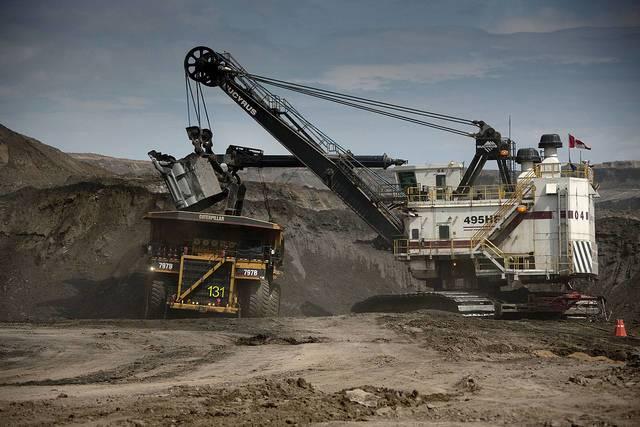
It turns out ExxonMobil, now under numerous investigations over climate research it allegedly stifled decades ago, was not the only energy company looking into the effects of climate change decades ago. Shell also conducted early climate change research, and even produced an educational video on the subject in the early 1990s.
The video resurfaced due to research by Jelmer Mommers of the Dutch blog The Correspondent and was discussed in greater detail by Damian Carrington of the Guardian. The 1991 film painted a rather stark vision of the 21st century world if climate change was not addressed. At 28 minutes long, the film “Climate of Concern” was created by Shell for distribution to school and universities.
Shell’s film predicted a fairly accurate world in which we live in now: Fracking has become a mainstream technology used to harvest natural gas; floods happen with greater frequency; and the links between climate change and social conflict are more obvious.
And according to the video, computer modeling conducted in the late 1980s and early 1990s suggested that the earth’s climate could increase 1.5 degrees Celsius by 2050. That estimate is prescient 25 years later, considering that the scientific consensus now estimates the world will warm another 2 degrees Celsius by mid-century.
Throughout the film, the narrator makes it clear that greater action is needed in order to reverse climate change risks. As one watches the production, the setting could be anywhere in 1991 or 2017, as the film touches on the impacts of climate volatility on countries such as Bangladesh, in addition to potential low-carbon technologies that could reduce such risks.
The video starts on an ominous note:
“Research of this kind is being stepped up worldwide. The need to understand the interplay of atmosphere and oceans has been given a new sense of urgency by the realization that our energy-consuming way of life may be causing climatic changes, with adverse consequences or us all.”
Carrington of the Guardian also scored access to a confidential Shell report from 1986, which suggested that climate change caused by human activity would cause some of the greatest changes in history.
“Action now is seen as the only safe insurance, but what should that action be?” asks the film at its halfway point.
Shell now claims it can answer that question by pointing to its call for a carbon tax, its carbon capture project in Alberta, Canada, or even its investments in renewables such as an offshore wind power installation off the coast of the Netherlands.
Indeed, Shell warned the world about climate risks a year before George H. W. Bush mocked vice presidential candidate Al Gore as the “Ozone Man” during the former’s failed reelection campaign. But critics of the Dutch-Anglo energy giant say the company’s promotion of fossil fuels far outweighed any renewables investment or climate action.
Documents revealed in 2015 show that Shell aggressively lobbied for years to reduce the European Union’s renewable energy targets. In fact, during 2015, Shell spent $22 million worldwide to blunt governments' efforts to implement climate change goals.
Those actions counter the stance Shell makes on its own sustainability website, as the company claims it welcomes “efforts made by governments to cooperatively reach the global climate agreement” accomplished at the December 2015 COP21 climate talks in Paris.
Shell's insistence on talking out of both sides of its mouth puts investors at risk, as many of its projects, such as its stake in Alberta's tar sands, end up becoming stranded assets.
Image credit: Shell/Flickr

Leon Kaye has written for 3p since 2010 and become executive editor in 2018. His previous work includes writing for the Guardian as well as other online and print publications. In addition, he's worked in sales executive roles within technology and financial research companies, as well as for a public relations firm, for which he consulted with one of the globe’s leading sustainability initiatives. Currently living in Central California, he’s traveled to 70-plus countries and has lived and worked in South Korea, the United Arab Emirates and Uruguay.
Leon’s an alum of Fresno State, the University of Maryland, Baltimore County and the University of Southern California's Marshall Business School. He enjoys traveling abroad as well as exploring California’s Central Coast and the Sierra Nevadas.














